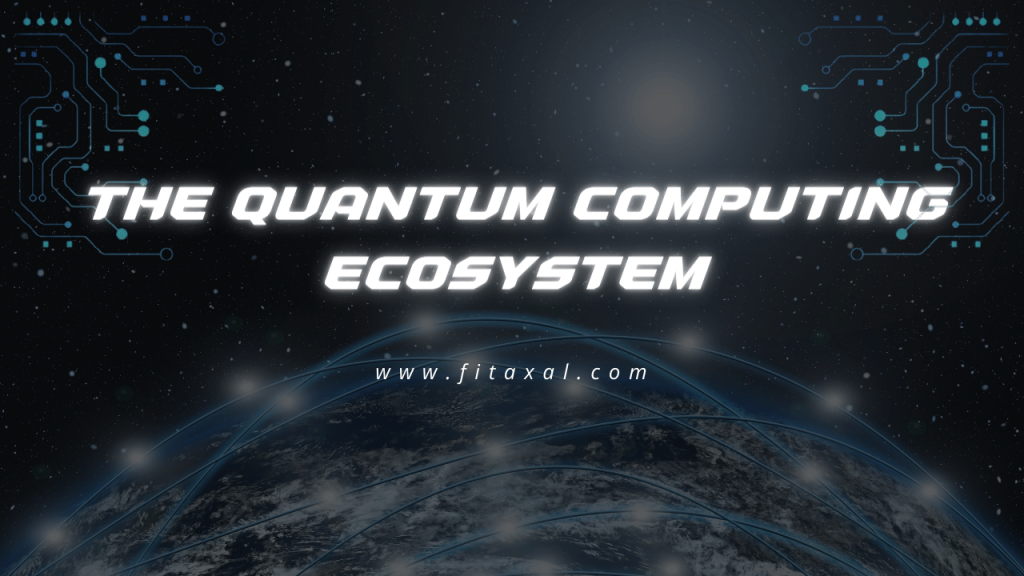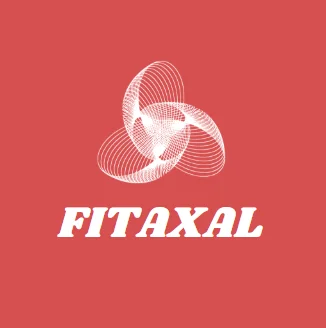Quantum computing represents the future of computation, a paradigm shift that will change how we solve problems and enable unprecedented advancements in diverse fields like cryptography, medicine, and artificial intelligence. But until recently, quantum computing has been an exclusive arena, reserved for the top echelons of academia and industry. Today, a host of technologies are tearing down these barriers, making quantum computing more accessible and easier to adopt than ever before.
“As the world continues to evolve, understanding ‘Which Technology is Making Quantum Computing Easier to Access and Adopt?’ becomes increasingly crucial. Our article is a comprehensive resource that analyzes its significance, explores emerging trends, and offers valuable insights. Stay engaged!
Cloud-based Quantum Computing: Quantum Power at Your Fingertips

A significant revolution in the democratization of quantum computing is cloud-based quantum computing. Leading companies like IBM, Microsoft, and Google have taken their quantum machines online, offering Quantum Computing as a Service (QCaaS). Through these platforms, anyone with internet access can explore, experiment, and innovate with quantum algorithms.
IBM’s Qiskit, for example, is an open-source quantum software development kit that allows developers to work with quantum computers at the level of pulses, circuits, and algorithms. Its flexibility, combined with its access to IBM’s quantum systems via the cloud, makes quantum computing approachable for a wide audience.
Quantum Programming Languages: The Quantum Code Unleashed
The rise of dedicated quantum programming languages has played a critical role in making quantum computing more approachable. Q#, from Microsoft’s Quantum Development Kit, and Cirq, developed by Google, are two such languages that are empowering developers to write quantum algorithms. With the availability of these languages, and their integration into popular IDEs, a developer armed with just a personal computer can write, debug, and deploy quantum algorithms, contributing to the quantum computing revolution.
Hybrid Quantum Computing: The Best of Both Worlds

One of the fascinating advancements in the field is hybrid quantum computing, where classical and quantum systems work together to solve problems. This approach allows leveraging the strengths of both systems, enhancing the accessibility and ease of use of quantum computing. Quantum hardware and classical cloud servers work hand in hand, taking us one step closer to full quantum advantage.
Quantum Error Correction: Towards Reliable Quantum Computing
As with any emerging technology, quantum computers also face challenges, most notably in error management. However, advancements in quantum error correction techniques are overcoming these hurdles, improving the reliability and therefore the usability of quantum machines. This crucial technology is paving the way for widespread adoption of quantum computing.
The Quantum Computing Ecosystem: A Collaborative Effort

At the heart of all these advancements is the burgeoning quantum computing ecosystem. Universities, research institutions, startups, and tech giants are all contributing to this flourishing field. Companies like Rigetti Computing, IonQ, and D-Wave are leading the charge, offering both quantum hardware and software solutions. The collective work of these organizations is transforming quantum computing from a distant dream into a tangible reality.
Quantum Computing Tutorials and Resources: Knowledge for the Masses
Alongside technological advancements, there is a wealth of quantum computing resources and tutorials available today. These materials help interested individuals learn about the complexities of quantum mechanics and quantum computing. Online platforms, including Coursera and edX, offer courses on quantum computing, while GitHub hosts repositories of code examples and quantum projects. This free flow of knowledge is playing a significant role in quantum computing adoption.
Quantum Simulation Tools: A Testbed for Quantum Programming
As quantum computing becomes more accessible, the necessity for practical, hands-on tools increases. Quantum simulation tools fill this gap perfectly. These software packages allow users to simulate quantum computers on their conventional machines, offering a platform for experimenting and learning about quantum algorithms.
Take, for example, Quirk, an open-source quantum circuit simulator that works in your web browser. Its intuitive drag-and-drop interface makes it accessible to newcomers and experienced quantum programmers alike. By using such tools, learners can get their hands ‘quantum dirty’, testing and running quantum algorithms without needing access to real quantum hardware.
Quantum Cryptography: The Quantum Key to Digital Security
Quantum cryptography is another facet of quantum technology making a significant impact. Specifically, quantum key distribution (QKD) promises secure communication, safeguarded by the laws of quantum physics. As cybersecurity becomes increasingly vital, the demand for quantum-secure methods grows, driving the accessibility and adoption of quantum technologies.
Companies such as Quantum Xchange and ID Quantique are pioneering this field, offering quantum encryption services that are more secure than traditional methods. This not only provides advanced security solutions for organizations but also expands the user base and applicability of quantum technologies.
Quantum Machine Learning: Quantum Speed-up for AI
Machine learning (ML) has experienced an explosive growth over the past decade, touching virtually every industry. The advent of quantum machine learning (QML), a novel field combining machine learning and quantum physics, is expected to enhance this growth further.
In QML, quantum algorithms are utilized to speed up the processing and training of large data sets, a task that can be daunting for classical computers. Startups like Xanadu and QC Ware are developing QML algorithms and tools, enabling quantum speed-up in AI applications. This burgeoning field widens the scope of quantum computing and increases its accessibility to the ML and AI community.
Quantum Annealing and Quantum Internet: The Road Ahead
Quantum annealing, a technique used to find the global minimum of a given function, is a promising application of quantum computing. Companies like D-Wave Systems are providing quantum annealing processors that solve complex optimization problems, creating practical use-cases for quantum computing.
Looking further ahead, the concept of a quantum internet, a network that transmits quantum information between quantum computers, is becoming a reality. While still in the early stages of development, the quantum internet promises enhanced communication security and speed, heralding the next generation of connectivity.
FAQs: Which Technology is Making Quantum Computing Easier to Access and Adopt?
What technologies are simplifying quantum computing adoption?
Cloud-based quantum computing services, dedicated quantum programming languages, and hybrid quantum computing models are significantly simplifying the adoption of quantum computing. In addition, advancements in quantum error correction are making quantum machines more reliable.
Are there cloud-based services for quantum computing?
Yes, several companies, including IBM, Microsoft, and Google, offer cloud-based quantum computing services. These platforms allow you to run quantum algorithms on real quantum machines.
What programming languages are used in quantum computing?
There are several quantum-specific programming languages, including Q# by Microsoft and Cirq by Google. These languages are designed to help developers write and implement quantum algorithms.
Can quantum machine learning enhance quantum computing adoption?
Absolutely. Quantum machine learning, which combines quantum algorithms with machine learning techniques, has the potential to drastically speed up complex calculations and data processing tasks. This intersection of disciplines is driving considerable interest and adoption of quantum computing.
Also Read: How Could Quantum Computing Benefit the Financial Services Industry?
Conclusion: Towards a Quantum-Ready Society
The confluence of these various technologies is accelerating the democratization of quantum computing. Quantum technologies are not just within the purview of the elites of science and technology anymore; they’re reaching out to classrooms, startup offices, and even living rooms.
The availability of quantum computing resources, the rise of quantum programming languages, the growth of the quantum ecosystem, and the advancements in quantum cryptography, quantum machine learning, and quantum simulation tools are collectively reducing the barriers to quantum computing access and adoption. Each of these technologies serves as a key, unlocking different aspects of the quantum world, and together, they open the door to a future where quantum computing is a part of everyday life.
As we reach the end of our discussion on “Which Technology is Making Quantum Computing Easier to Access and Adopt?” we believe that the information presented here has not only expanded your understanding but also paved the way for practical applications in your own life.



